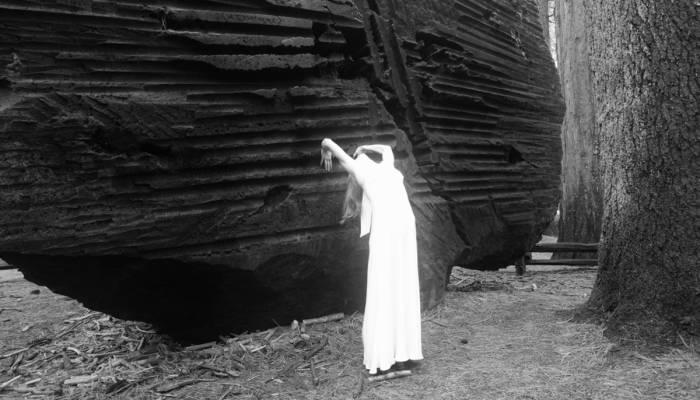Micro-Politics and Fantasy: The Strange Fever of Ephemeral Nations
The little dictator that is asleep inside all of us could wake up at any time and reclaim their legitimate place…
It’s a beautiful day in the Duchy of Westarctica. The temperatures, as during any summer, are below 57 degrees Fahrenheit and the landscape looks as deserted as always in the western Antarctic. But this little fragment of land (or rather ice) as yet unclaimed by any nation is the future project of the Grand Duke Travis McHenry of Westarctica and 300 volunteers.
An informal movement has been gathering momentum for the last few years among enthusiasts and eccentrics of global geopolitics concerning the appropriation of tiny pieces of territory in the middle of a desert or forest and declaring it an autonomous nation.
Some recent cases are Liberland, which is 3 square miles in size, and the Principality of Pontinha, a tiny island in Portugal, but the number of active micro-nations is estimated to be 98 and they hold annual conventions such as PoliNation and Micronation.
The conventions are like a cross between a medieval festival and a meeting of UN leaders. But to be the leader of your own micro-nation is not just about designing a beautiful flag in Photoshop or putting up a pretty slogan in an invented language (although you can start here): Many “heads of state” seek official diplomatic recognition of their respective nations, often with the sole aim of entertainment, or of creating awareness of certain causes (the Duchy of Westarctica is an NGO dedicated to ecological and conservation activities), and, why not, to let your imagination run loose.
The State Department of the (more and more) United States of America has an active registry of such nations in the “Ephemeral Nations File,” which would make a wonderful title for a novel.
The desire to start from scratch, as eccentric as it may seem, has always been a common trait in explorers and adventurers, and the need to return to a place that is our own (even though at the moment it belongs to somebody else) is the driving force behind all independence projects, from the most modest, such as resigning from your job or dedicating yourself to what you really love, to the most risky, such as founding civilization over again under the premises of tolerance and mutual support.
Related Articles
When ancient rituals became religion
The emergence of religions irreversibly changed the history of humanity. It’s therefore essential to ask when and how did ancient peoples’ rituals become organized systems of thought, each with their
Larung Gar, the valley that is home to thousands of Buddhist monks
If we think about the monastic life it is very probable that we think about solitude, seclusion, silence and a few other qualities whose common denominator is the appropriate isolation for mediation
Dialogue with the Dalai Lama on science and spirituality
The Dalai Lama has been interested in science since he was a child. Over the years he’s visited many laboratories and has attended conferences that discuss consciousness from the scientific point of
A New Year's resolution for the earth
Worrisome quantities of waste are generated by human populations. Especially in cities, these have reached unprecedented and alarming levels. A largely uncontrolled practice, it affects everything on
The Dark Mountain Project: or how literature can confront ecocide
One impulse from a vernal wood May teach you more of man, Of moral evil and of good, Than all the sages can. Wordsworth, “The Tables Turned” (fragment) Words are elementary. The only reason we can
Are there no women in the history of philosophy?
Do only men philosophize? This could sound like a silly question, but if we quickly review the names of philosophers, from Aristotle to Slavoj Žižek, it would appear to be an exercise that is
Things that are about to disappear: photography as environmental conservation
Cristina Mittermeier is the founder of the International League of Conservationist Photography (iLCP), and is at the front of a modern movement to use photography with environmental purposes. Her work
Architecture And Music; An Affair That Acts On The Matter
A composition is like a house you can walk around in. — John Cage Perhaps music, more than the art of sound, is the art of time. That’s why its communion with space, and architecture, is so often so
Psycho-geography (On The Ritual Casting of a City)
Mrs. Dalloway walked down the streets of London guided by an “internal tide” that made her stop somewhere, enter a store, turn at the corner and continue her journey, as if she were adrift. La dérive
A Theme Park Inspired by Hayao Miyazaki is About to Open …
One of animation’s most spectacular exponents, Hayao Miyazaki, is the artist who transformed the direction of traditional animation forever.










